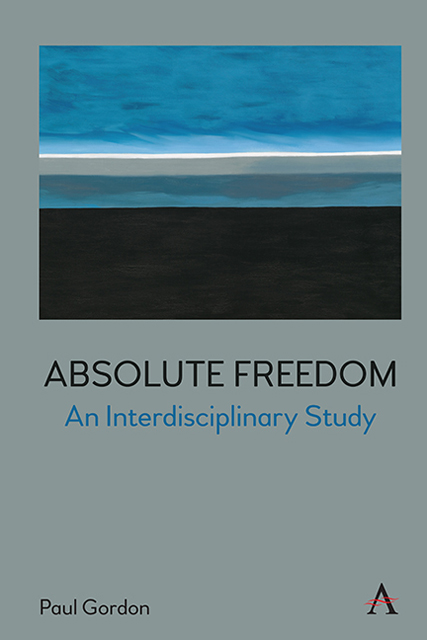2 - The Reason for Freedom: Kant
Published online by Cambridge University Press: 10 January 2023
Summary
Even if it should happen that […] this <good > will should be wholly
lacking in power to accomplish its purpose, and if even the greatest
effort should not avail it to achieve anything of its end, […] it would
sparkle like a jewel in its own right […] usefulness or fruitlessness
can neither diminish nor augment this worth.
Kant, Foundations of the Metaphysics of MoralsKant's account of the end of reason in terms of freedom is above
all aiming to reconcile the modern emancipatory goal with
a new grounding of the sacred and noble.
Much ink has been spilt over the question of our so-called free will, with many, particularly those on the analytic side of philosophy, arguing against the notion. Although freedom-loving individuals might recoil from such skepticism, it is, I believe, warranted insofar as one starts from the notion of the objective will rather than from the notion of freedom itself. Even Fichte and Schelling, philosophers on the continental side of things and, as we shall see in the following chapter, clearly on the side of the “positive freedom” rejected by its namesake, would probably agree that the ego, the will, or the “I” as such is incompatible with their notion of freedom, a notion which is derived, not from the ego, but from its substance, the underlying absolute whose reality is even greater because it is freed from the contingencies of self, ego, or the objective will:
For only that is free which acts according to the laws of its own inner being and is not determined by anything else either within it or outside it […] The Ego, said Fichte, is its own deed; consciousness posits itself—but the Ego is nothing other than this, nothing but the positing itself. However this consciousness, insofar as it is thought of as mere self-apprehension or knowledge of the Ego, is not even the primary position, and like all mere knowledge it presupposes the actual ‘Being.’ But this Being which is assumed as prior to knowledge is no being, even if it is not knowledge either; it is real self-positing, it is a primal and basic willing which makes itself into something and is the basis and foundation of all essence[…] The act which determines man's life in time does not itself belong in time but in eternity.
- Type
- Chapter
- Information
- Absolute FreedomAn Interdisciplinary Study, pp. 25 - 38Publisher: Anthem PressPrint publication year: 2022



